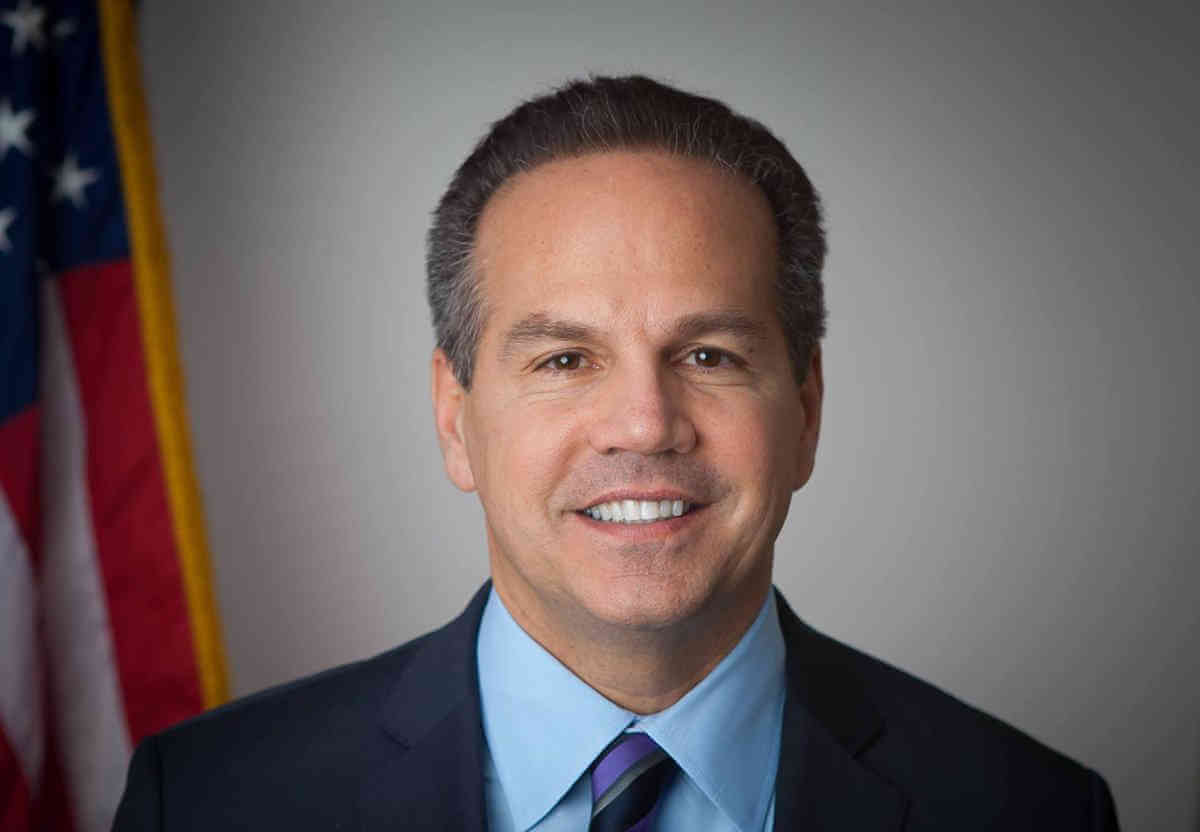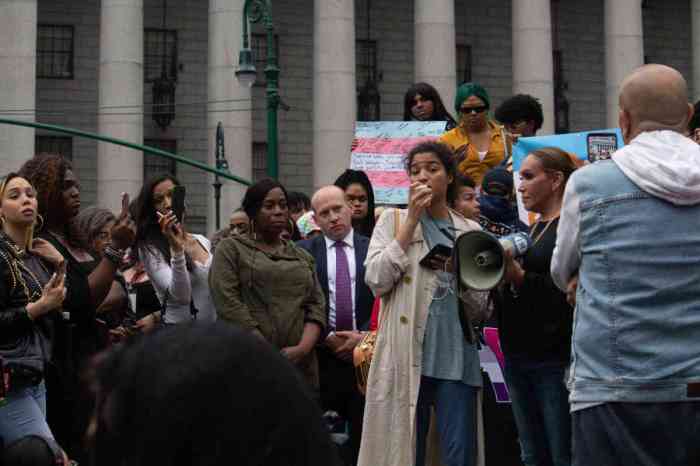The House of Representatives, which now has a record eight LGBTQ members, passed a rules package last week that protects staffers from employment discrimination on the basis of sexual orientation and gender identity.
Out gay Rhode Island Congressmember David Cicilline, fresh off his reelection victory in November, spearheaded the effort to include the rule. He was unable to be reached for comment on Tuesday.
Other rules in the package stipulate that members undergo annual ethics training and can no longer serve on corporate boards. Members are also now allowed to wear religious headgear in the House chamber.
The rules changes mark one of the most immediate impacts of the Democrats’ major victory in November when they re-captured the House of Representatives for the first time since 2011. The inclusion of nondiscrimination provisions was especially notable considering that federal law does not currently cover discrimination against LGBTQ people.
House Speaker Nancy Pelosi, who just returned to the role after previously serving in the same capacity from 2007-2011, said in her acceptance speech on January 3 that the House of Representatives would use the new legislative session to take action on the Equality Act, which would amend the 1964 Civil Rights Act to ban discrimination on the basis of sexual orientation and gender identity. The current version of the Equality Act was first introduced in 2015 — though it was based on a comprehensive approach pioneered in the 1970s.
Although Democrats now control the House, the Equality Act could face serious hurdles once it reaches the Republican-controlled Senate. Still, the bill is expected to have new life and Democrats are hopeful that public pressure could spark enough momentum to move it forward.
The Human Rights Campaign (HRC), the nation’s most prominent civil rights organization dedicated to LGBTQ equality, applauded the package in a written statement calling it “an historic moment for our country.”
“This action… is the result of millions of ‘equality voters’ going to the polls in November to ensure their voices were heard and demanding a Congress that looks like America,” HRC’s director of government affairs, David Stacy, said.
The wide-ranging rules package also included the controversial pay-as-you-go provision, known as PAYGO, which requires new spending to be offset with budget cuts and tax hikes. Pelosi faced pressure from New York Congressmember Alexandria Ocasio-Cortez and other progressives who have argued that the rule could hinder progress on Medicare for All, the Green New Deal, and other initiatives.



































